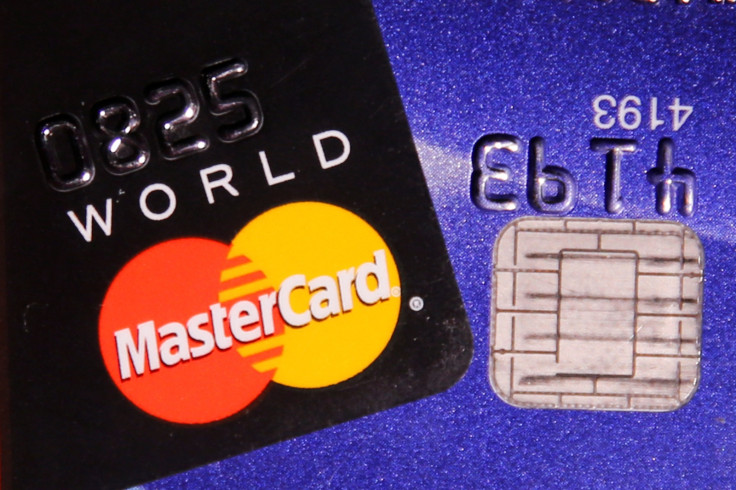Mastercard: A third of Europe's financially excluded have full-time jobs
New research reiterates that financial exclusion is also a first world problem.

Financial exclusion is a first world problem. Over 138 million people across some of Europe's richest countries are financially excluded, and a third of them have full-time jobs
New research by Mastercard, which comprised a face-to-face survey among 635 respondents in UK, Poland, Italy, Russia, France and Spain, revealed that a third (33%) of financially excluded people are in full-time employment.
Scotching any assumption this might be linked to immigration, some 87% of the financially excluded people surveyed have lived in the same country their whole lives. The findings also revealed that 38% pay their rent in cash and 88% of those surveyed pay for all of their other amenities in cash.
Steve Shirley, director, Government at MasterCard Worldwide said the research highlights these misconceptions around financial inclusion. He said: "There's the element about being employed. Also, it's across society; it's both the young and the old. And its not an issue of immigration – 87% of people that are financially excluded have lived in the same country all their lives."
It is known that financial inclusion is closely linked to digital inclusion, although the latter is growing much faster. The research uncovered a vastly increased proliferation of technology. Access to technology via smart phone usage has significantly increased, from 29% in 2013 to 49% in 2016. Yet, a quarter (27%) still find they are unable to access financial products and services – pointing to a clear disconnect between those using technology and those accessing financial products and services.
Shirley added: "A constant need to rely on cash leaves these people extremely vulnerable to loss or theft of money, payment disputes – as there is no electronic trail or proof or purchase, and a complete inability to prepay or schedule payments ahead of time. This section of society may then seek unsuitable, alternative payment methods, due to cash-flow issues, which can lead to debt.
Mastercard works with the UK's Financial Inclusion Commission, and a so-called "poverty premium" figure of £1300 per annum can be added to the outgoings of financially included UK citizens.
"Think about not being able to pay your utility bills by direct debit, not being able to go online to get the best deals, not being able to book trains tickets online. That all soon mounts up. Someone who is working might get a cheque that they have to take down to the high street to cash," said Shirley.
This is hugely topical at the moment, with a recent House of Lords select committee reporting that due to changes in the labour market, pay day loans are often an attractive option for the financially excluded, which in turn can lead to debt.
The UK has 1.5m financially excluded people, while there are some 90m in Western Europe and 138m across all of Europe.
Mastercard has set itself an objective of bringing 500m people into the financially included world by 2020. Projects in South Africa, Nigeria, Kenya and Egypt have brought in around 200m people in the last couple of years who were either unbanked or under served.
Commenting on the findings, Ann Cairns, president International for MasterCard, said: "For many people the concept of exclusion is often seen as a developing markets problem but today's report shows clearly that this is as much of a problem in the perceived developed markets of Europe as it is around the world.
"Exclusion has a serious impact on a person's quality of life, denying them basic benefits and choice including increased protection, convenience and access to the global economy. That the tools and technology are readily available to those who are in need of inclusion demonstrates that this is a solvable problem and one that partnership, education and innovation can easily solve."
© Copyright IBTimes 2025. All rights reserved.






















